Machine learning unveils the ideal structure of a quantum memristor, which could one day surpass current computing systems.
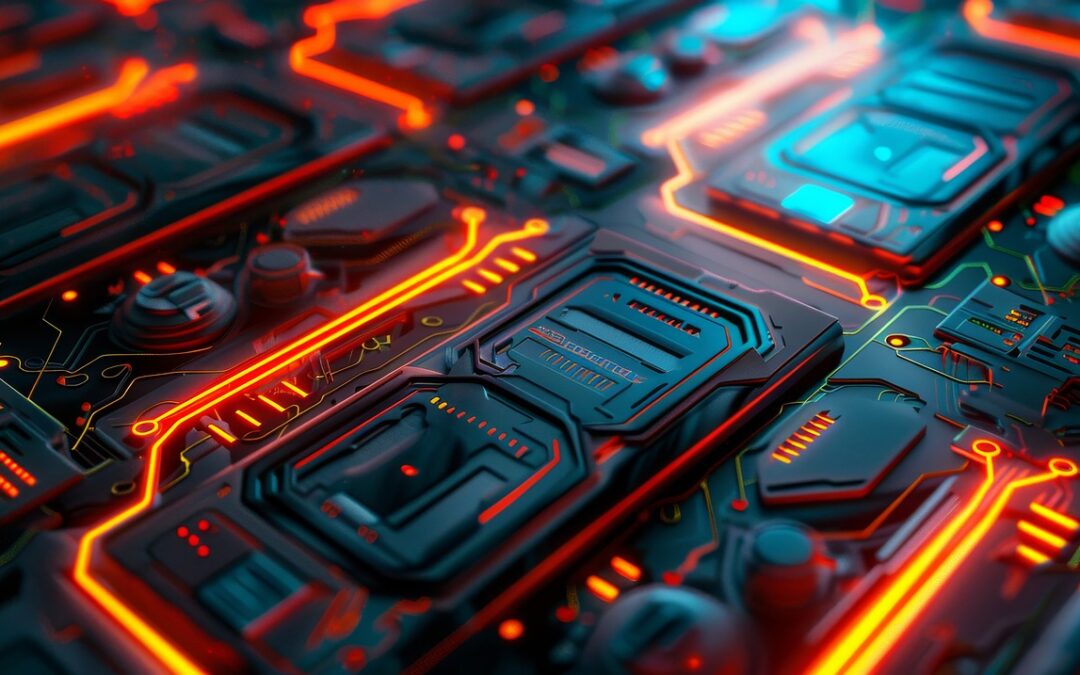

Machine learning unveils the ideal structure of a quantum memristor, which could one day surpass current computing systems.
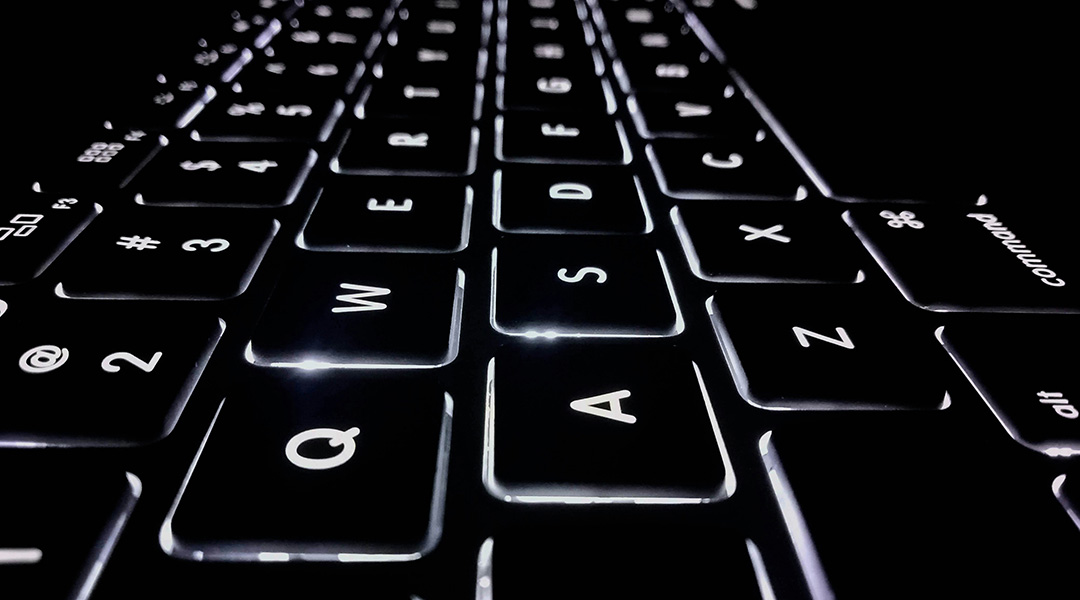
A new method to purify silicon for quantum computer chips could solve one of the biggest challenges in quantum computing.
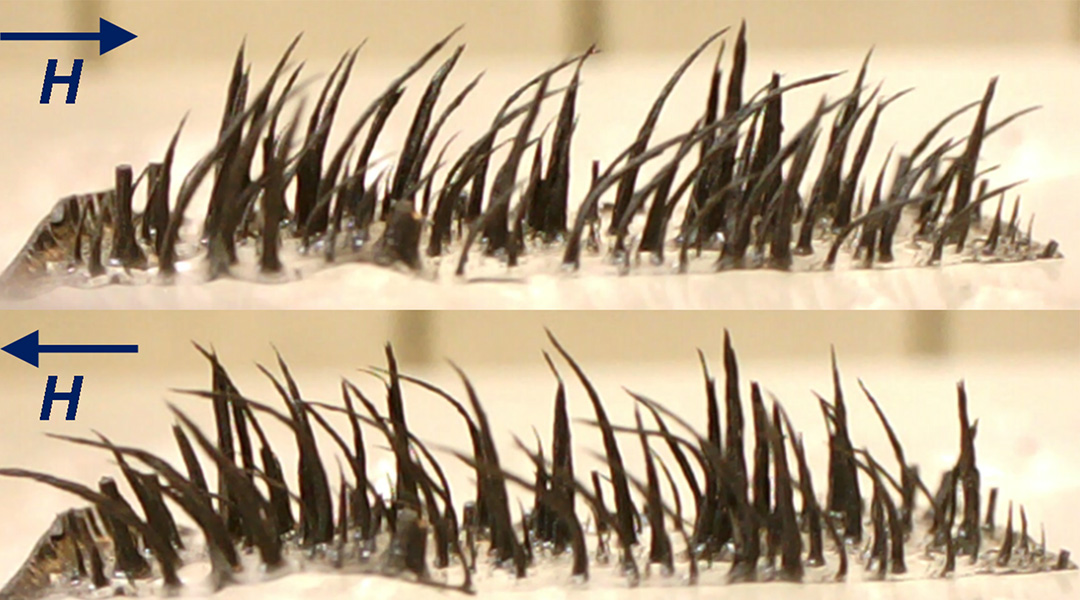
These hair-like structures with applications in robotics are now reprogrammable, negating the need to replace them after one use.
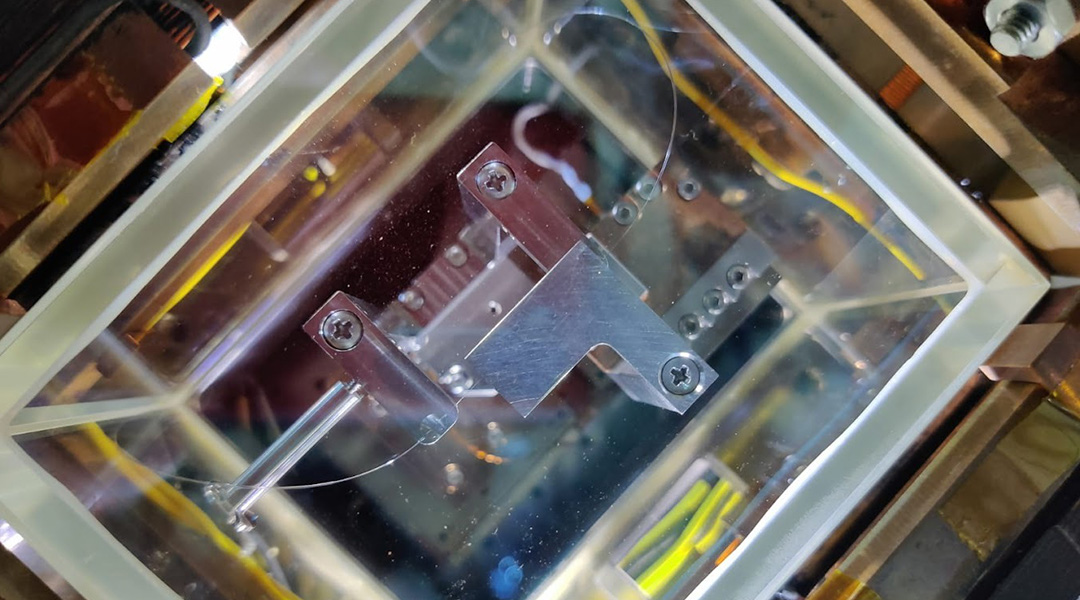
In theory, quantum communications should be impossible to hack, but study shows this may not be true in practice.
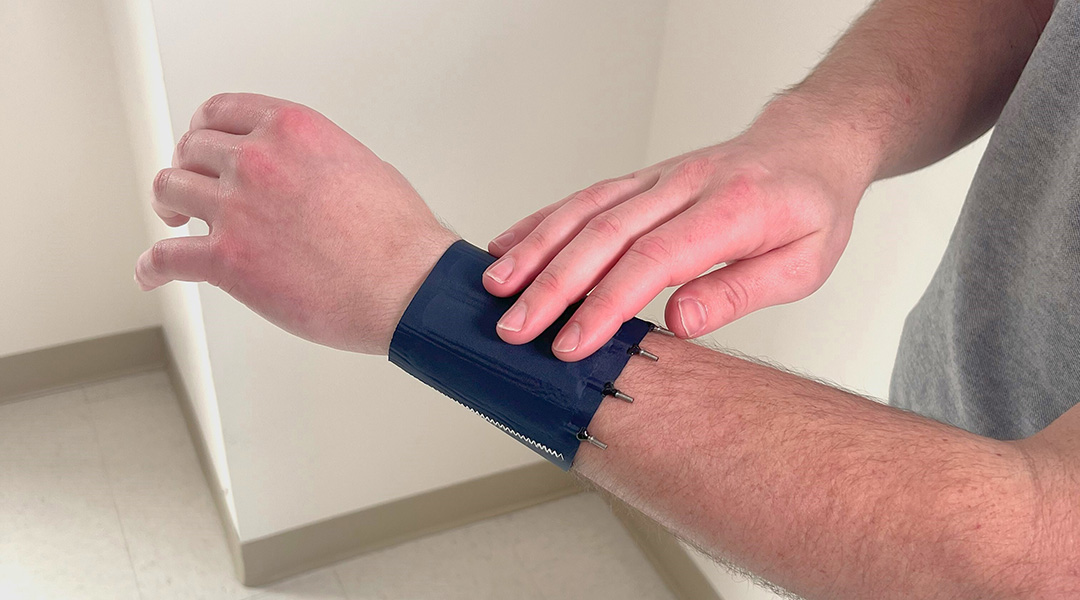
A haptic sleeve combines a new kind of on-demand information with soft textiles, taking haptic technology to new levels.

This new brain–computer interface detects weakened brain signals and boosts them to healthy levels, potentially reversing cognitive aging in the brain.
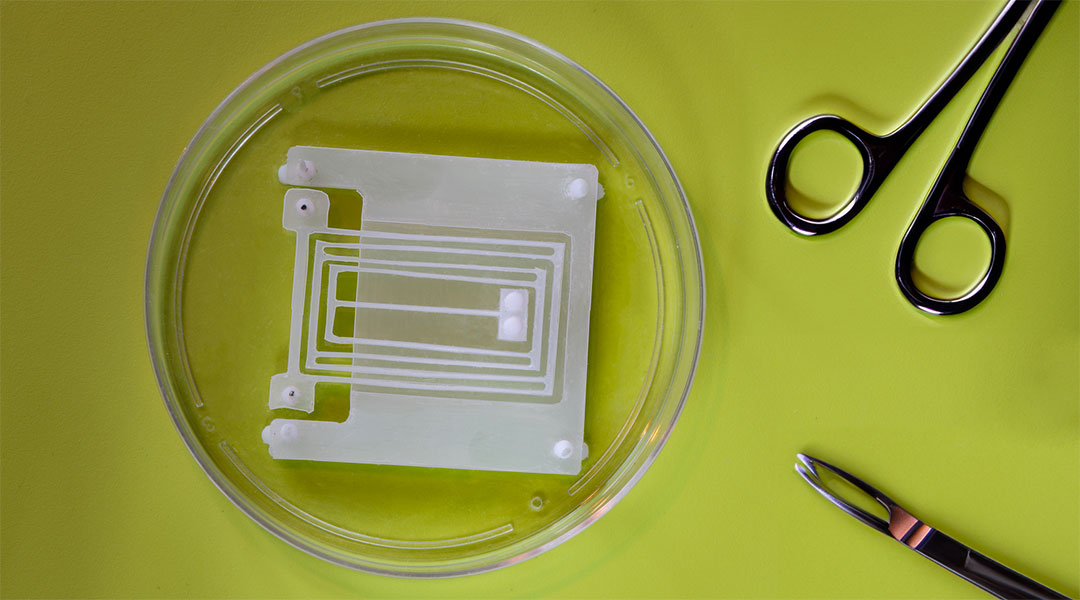
These biohybrid machines combine robotics with living tissues to create flexible robots powered by biology.
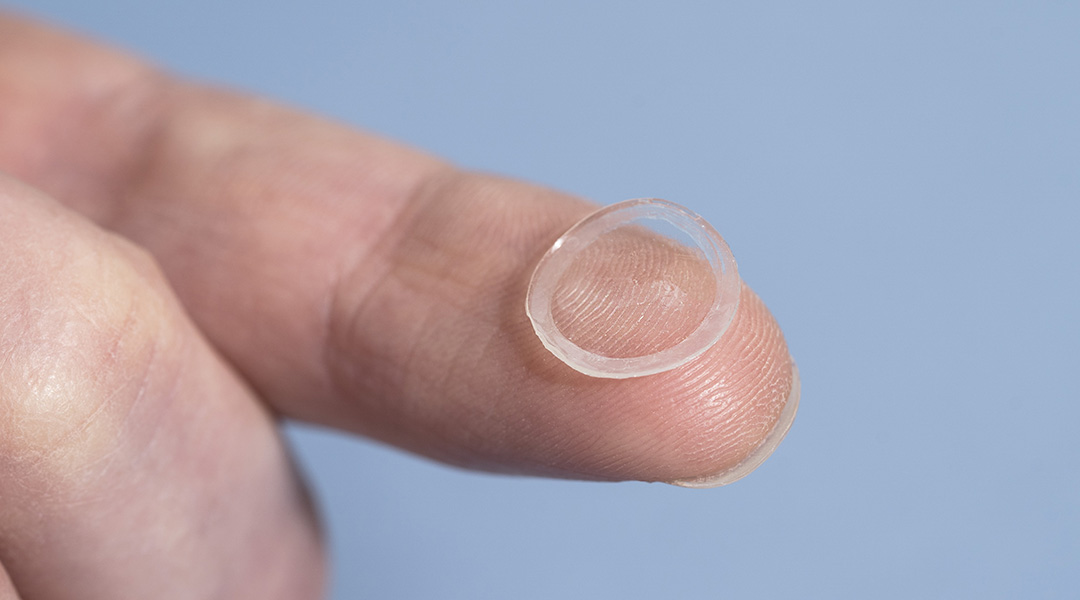
Bacterial biofactories embedded in the rim of the lens continually produce hyaluronic acid, a natural lubricant, to keep the contacts moist.
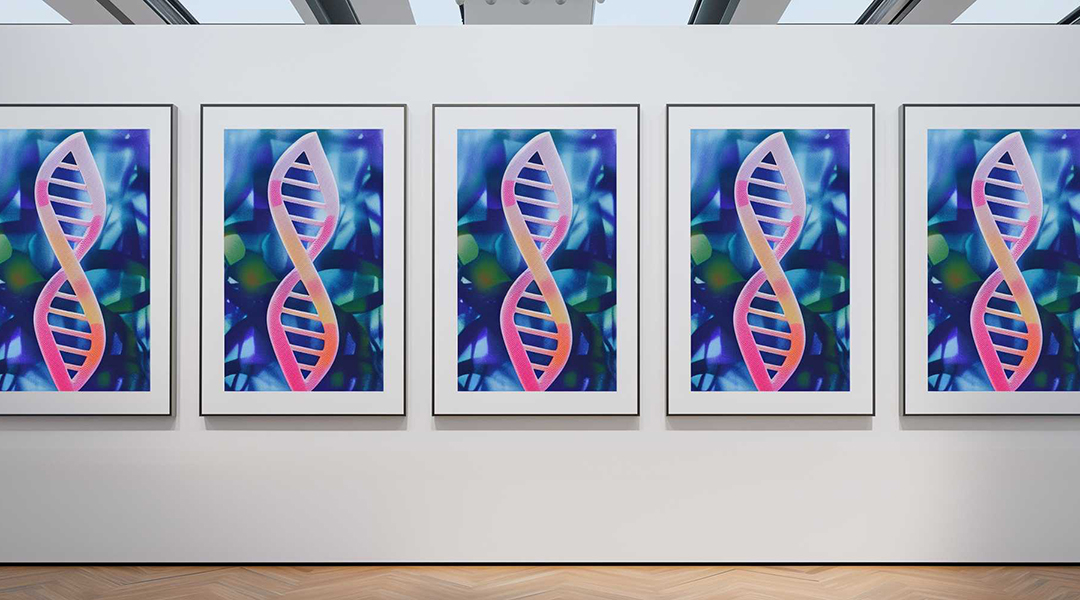
Chaotic pools of DNA could be the future of encryption, proving authenticity of artwork or securing passwords against quantum computers.
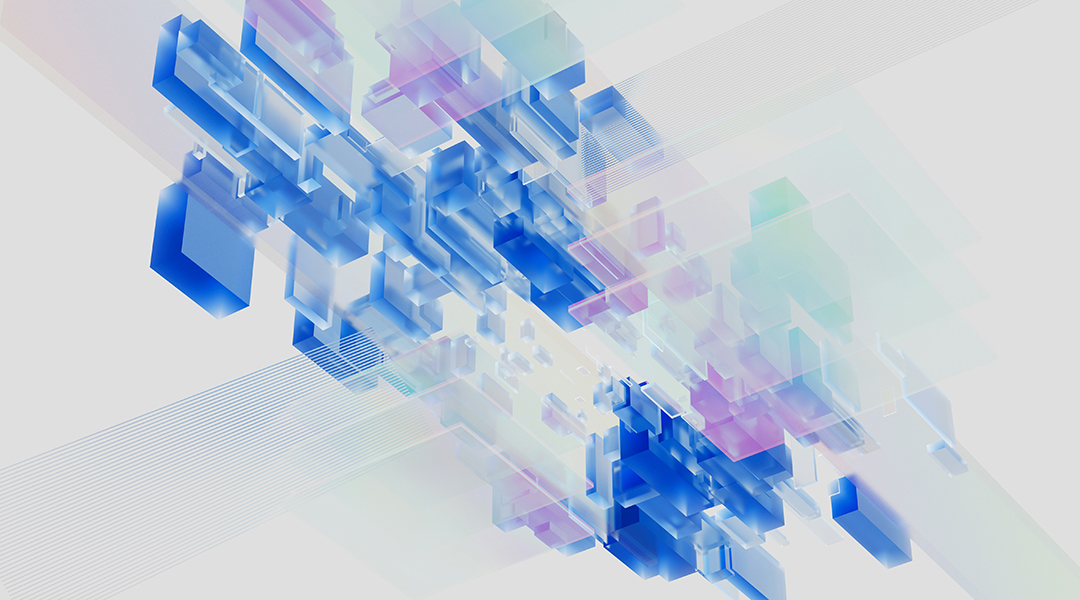
People recognize their own biases in algorithms’ decisions more than they do in their own—even when those decisions are the same.